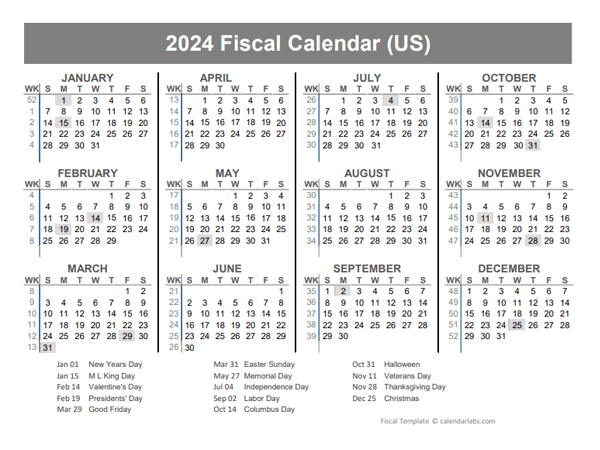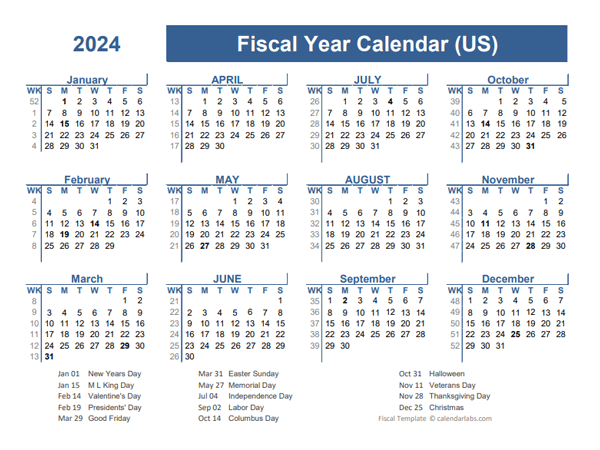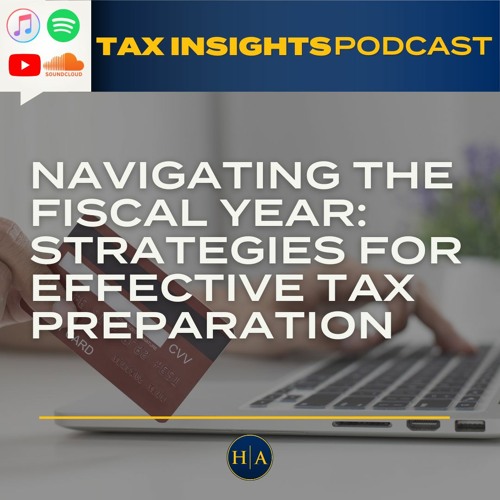The Fiscal New 12 months: Navigating Taxes on January 1st
Associated Articles: The Fiscal New 12 months: Navigating Taxes on January 1st
Introduction
With nice pleasure, we are going to discover the intriguing matter associated to The Fiscal New 12 months: Navigating Taxes on January 1st. Let’s weave fascinating data and supply recent views to the readers.
Desk of Content material
The Fiscal New 12 months: Navigating Taxes on January 1st

January 1st. For a lot of, it is a day of resolutions, recent begins, and the lingering scent of eggnog. However for tax professionals and companies alike, it is a day of renewed focus, meticulous planning, and the often-daunting job of navigating the fiscal new 12 months. Whereas the calendar 12 months could reset, the tax implications of the earlier 12 months proceed to ripple, influencing methods for the 12 months forward. This text delves into the multifaceted significance of January 1st within the tax panorama, exploring its implications for people, companies, and the federal government itself.
Particular person Taxpayers: A Recent Begin, however with Carryovers
For particular person taxpayers, January 1st marks the start of a brand new tax 12 months, but it surely’s not a clear slate. The earlier 12 months’s tax obligations stay, probably influencing selections within the present 12 months. A number of key features carry over:
-
Unpaid Taxes: Any excellent tax liabilities from the earlier 12 months have to be addressed promptly. Failure to pay taxes by the April deadline leads to penalties and curiosity accrual, which might considerably affect monetary well being. January 1st serves as a reminder to examine on excellent balances and make crucial preparations for cost. Cost plans will be organized with the related tax authority, however proactive administration is essential.
-
Carryforward Losses: People who skilled web working losses (NOLs) within the earlier 12 months can carry these losses ahead to cut back their taxable earnings in subsequent years. Understanding the foundations surrounding NOL carryforwards is vital for minimizing tax legal responsibility. January 1st supplies a chance to assessment the earlier 12 months’s tax returns and strategize the best way to make the most of these losses successfully.
-
Tax Credit and Deductions: Whereas many tax credit and deductions are claimed yearly, some could have carryforward provisions. Understanding these provisions is essential for optimizing tax planning. For instance, some schooling credit or contributions to retirement accounts could permit for carryovers if the total quantity wasn’t used within the earlier 12 months.
-
IRA Contributions: For these contributing to conventional or Roth IRAs, January 1st marks the beginning of a brand new contribution 12 months. Understanding contribution limits and deadlines is essential for maximizing retirement financial savings and minimizing tax legal responsibility. Early planning ensures that people can totally make the most of the accessible contribution area all year long.
-
Well being Financial savings Account (HSA) Contributions: Just like IRAs, HSAs have annual contribution limits. January 1st presents an opportunity to assessment the earlier 12 months’s contributions and plan for the upcoming 12 months, guaranteeing most tax benefits.
Companies: A Time for Strategic Planning and Compliance
For companies, January 1st is a pivotal second, representing not solely a brand new accounting interval but in addition a vital juncture for strategic tax planning. A number of key tax-related actions are initiated or reviewed at the beginning of the 12 months:
-
12 months-Finish Tax Reporting: The finalization of the earlier 12 months’s tax returns is paramount. Correct and well timed submitting is essential for avoiding penalties and sustaining a optimistic relationship with tax authorities. January 1st usually serves as a deadline for inside evaluations and the completion of crucial paperwork.
-
Budgeting and Forecasting: Companies use the brand new 12 months to forecast income and bills, which straight impacts tax planning. Precisely estimating tax liabilities permits for higher money stream administration and avoids surprising monetary burdens.
-
Tax Planning Methods: January 1st supplies a chance to assessment the earlier 12 months’s tax efficiency and determine areas for enchancment. This might contain exploring completely different tax methods, akin to accelerated depreciation, or adjusting funding methods to attenuate tax implications.
-
Compliance with New Rules: Tax legal guidelines are continuously evolving. Companies should keep knowledgeable about modifications and guarantee compliance with new rules carried out at the beginning of the 12 months. This requires steady skilled growth and proactive engagement with tax advisors.
-
Payroll Tax Changes: Companies have to assessment payroll tax charges and withholding necessities for the brand new 12 months, guaranteeing correct deductions from worker salaries and well timed remittances to tax authorities. Failure to conform can lead to important penalties.
The Authorities’s Perspective: Income Projections and Coverage Changes
From the federal government’s perspective, January 1st is a time for reviewing the earlier 12 months’s tax income and making changes for the upcoming 12 months. This contains:
-
Income Evaluation: Tax authorities analyze the earlier 12 months’s tax income to evaluate the effectiveness of current tax insurance policies and determine areas for potential enhancements. This information informs future coverage selections and funds allocations.
-
Finances Planning: Authorities budgets are closely reliant on projected tax income. Correct forecasting is essential for allocating sources successfully and guaranteeing the supply of public companies.
-
Coverage Changes: Primarily based on the income evaluation and financial forecasts, the federal government could modify tax insurance policies all year long. January 1st serves as a place to begin for contemplating potential modifications to tax charges, deductions, or credit.
The Significance of Skilled Recommendation
Navigating the complexities of the tax panorama on January 1st and all year long will be difficult. Searching for skilled recommendation from a certified tax advisor is extremely really helpful for each people and companies. A tax skilled can present personalised steerage, guaranteeing compliance with all relevant rules and optimizing tax methods to attenuate liabilities and maximize advantages.
Conclusion:
January 1st is extra than simply the beginning of a brand new 12 months; it is a vital juncture within the tax calendar. Understanding its implications for people and companies is essential for efficient monetary planning and compliance. Proactive planning, diligent record-keeping, and looking for skilled recommendation are important for navigating the complexities of the fiscal new 12 months and guaranteeing a clean and profitable tax expertise. The primary day of the 12 months could supply a recent begin, however the tasks and alternatives associated to taxes prolong far past this single date, shaping monetary outcomes all through your complete 12 months. A radical understanding of tax legal guidelines and rules is paramount for everybody, no matter their monetary state of affairs or enterprise construction.







Closure
Thus, we hope this text has supplied beneficial insights into The Fiscal New 12 months: Navigating Taxes on January 1st. We respect your consideration to our article. See you in our subsequent article!